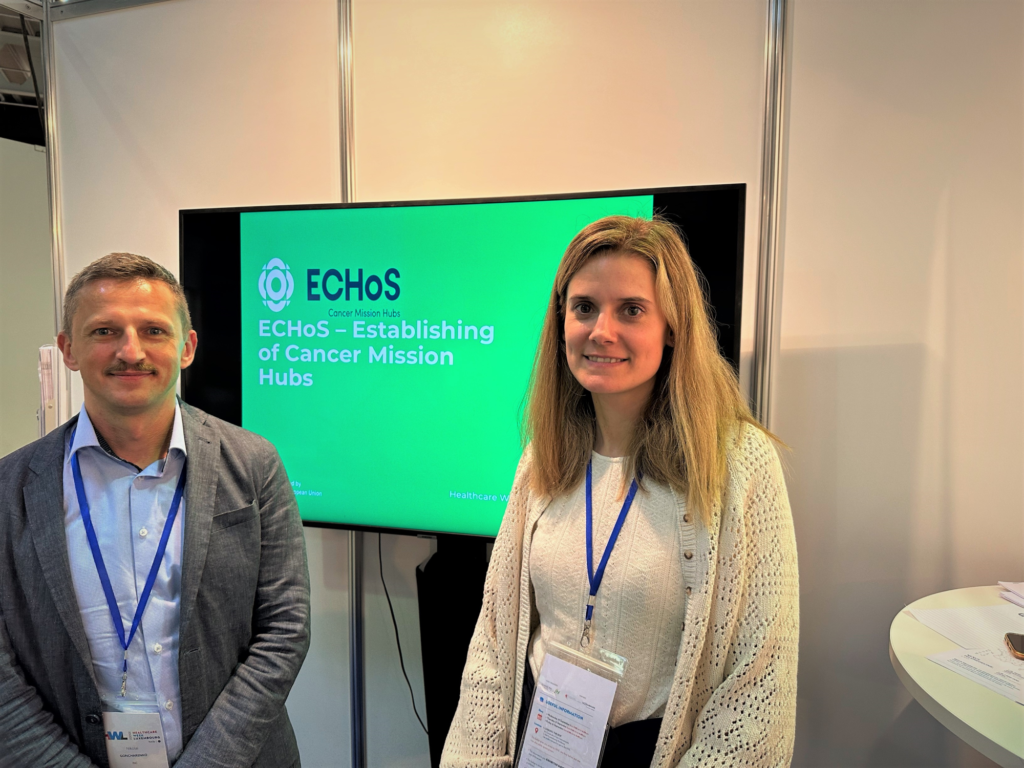In the heart of Luxembourg, a profound initiative has taken root, embodying the Bahá’í teachings of compassion, unity, and service. The initiative, titled “Children in Luxembourg Send Love to Healthcare Workers,” seeks to inspire and mobilize the younger generation in support of those on the front lines of healthcare. By engaging in acts of kindness and gratitude, children are learning valuable lessons about empathy, civic responsibility, and the interconnectedness of humanity. This multifaceted endeavor aims to highlight the significance of love and support during challenging times while cultivating a spirit of cooperation and altruism within the community.
The Bahá’í perspective offers a rich tapestry of teachings that underpin this activity. Central to Bahá’í philosophy is the belief in the oneness of humanity, which asserts that all individuals, irrespective of their backgrounds, are part of a single family. This principle provides a moral foundation for acts of generosity and support directed towards others, particularly in times of crisis. Children participating in the initiative are thereby encouraged to develop a sense of global citizenship, where their actions resonate beyond mere localities, fostering a spirit of unity.
The project involves several components that vary in format and engagement. Each element reflects the multifarious ways in which love can manifest and cross the boundaries of age. One such component includes the creation of handmade cards and notes by the children, conveying heartfelt messages of thanks and support. Utilizing vibrant colors and creative illustrations, these artifacts serve not only as tokens of gratitude but also as poignant symbols of hope. Such gestures are crucial in uplifting the spirits of healthcare workers who tirelessly navigate the challenges posed by their vocation.
Another dimension of this initiative features the organization of community events where children can gather, learn, and express their appreciation. These events serve as a platform for creative expression, allowing children to engage in artistic projects, music, and performances that honor healthcare professionals. This communal aspect cultivates a sense of belonging and solidarity among participants, illustrating the Bahá’í teachings regarding the importance of fellowship and collective action. Children learn the power of collaboration, reinforcing the idea that they can effect meaningful change through united efforts.
Moreover, storytelling plays a pivotal role in this engagement process. Children and their families are encouraged to share narratives about healthcare workers in their communities, illustrating personal experiences or recounting tales of bravery and dedication. By engaging in this oral tradition, the young participants not only honor the efforts of healthcare professionals but also develop their own communication skills and foster a deeper understanding of diverse perspectives. This method embodies the Bahá’í emphasis on education, knowledge, and the empowerment of youth.
The initiative does not shy away from addressing the more somber aspects of the pandemic and other health crises. Children are guided in understanding the emotional burdens borne by those in the healthcare sector. Workshops that focus on emotional literacy and coping strategies enable them to process and articulate their feelings towards the current situation. Through these discussions, the children learn the importance of emotional intelligence, resilience, and adaptability—key qualities underscored in the Bahá’í teachings.
By actively participating in this initiative, children are also introduced to the concept of service as a form of worship. The Bahá’í Faith teaches that true devotion is illustrated through acts of service to humanity. The effort to support healthcare workers becomes more than just an act of kindness; it transforms into a spiritual exercise, allowing children to embody the ideals of their faith. This could solidify their understanding of service as a lifelong commitment, encouraging them to seek opportunities to uplift those around them continuously.
Furthermore, the presence of families within this initiative amplifies its impact. Parents are invited to join in the activities, fostering an intergenerational dialogue that reinforces familial bonds and shared values. The engagement of adults not only provides guidance to the children but also serves as an avenue for reflection on their own roles in promoting compassion and kindness within the broader community. This collaborative effort highlights the Bahá’í principle of consultation, encouraging collective decision-making and strengthening community ties.
The initiative culminates in a celebration event aimed at recognizing the contributions of healthcare workers and the efforts made by the children and their families. This gathering provides an opportunity for children to present their gifts and messages of love, culminating in a powerful and emotional tribute. It fosters a sense of achievement and pride among participants, as they witness the tangible effects of their efforts on the healthcare community. Recognition of their contributions reinforces the notion that even small gestures can create ripples of positive change.
In conclusion, the initiative “Children in Luxembourg Send Love to Healthcare Workers” encapsulates the essence of Bahá’í teachings by fostering a spirit of unity, compassion, and service among the younger generation. Through creative expressions, shared narratives, and community engagement, children are taught the value of supporting those in need and developing as compassionate individuals. This program serves not just as a means of providing solace but also as an educational framework that instills enduring values that will guide them throughout their lives, embodying the spirit of Bahá’í teachings in a contemporary context.
